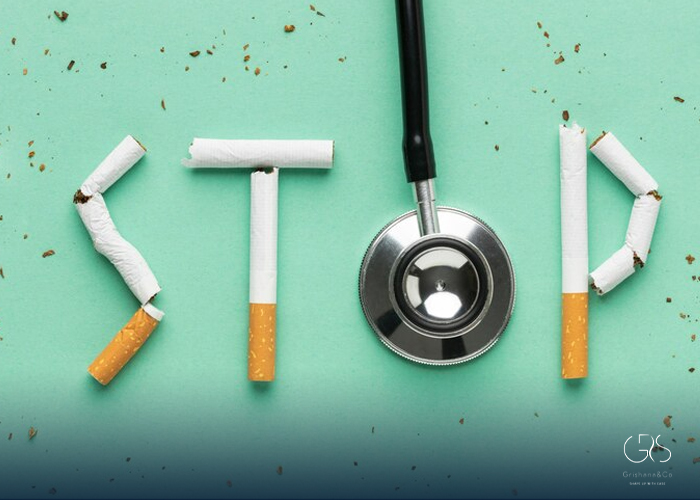Caffeine, one of the most widely consumed psychoactive substances, is found in various beverages and foods such as coffee, tea, chocolate, and energy drinks. Many individuals rely on caffeine to boost energy, improve focus, and enhance productivity. However, excessive consumption of caffeine can lead to dependence, which may result in caffeine withdrawal symptoms when abruptly stopping or significantly reducing caffeine intake. This article provides a comprehensive overview of caffeine withdrawal symptoms and explores effective strategies for managing them.
Understanding Caffeine Withdrawal Symptoms
Caffeine withdrawal is characterized by a range of physical, emotional, and cognitive symptoms. The severity and duration of these symptoms can vary significantly among individuals.
Some common symptoms include:
1.Headaches: Tension headaches are frequently reported during caffeine withdrawal. In fact, research suggests that caffeine withdrawal headaches affect approximately 50% of regular caffeine consumers .
2.Fatigue and drowsiness: Many people experience a significant drop in energy levels and increased tiredness during caffeine withdrawal. This can, in turn, impact productivity and overall well-being.
3.Irritability and mood changes: Caffeine withdrawal can lead to irritability, mood swings, and even depressive symptoms. The disruption of the brain’s chemical balance due to caffeine cessation may be responsible for these changes.
4.Difficulty concentrating: Caffeine withdrawal can impair concentration and cognitive performance, making it challenging to focus on tasks.
5.Flu-like symptoms: Some individuals may experience flu-like symptoms, including muscle aches, nausea, and vomiting, during the initial stages of caffeine withdrawal. These symptoms are often transient and improve with time.
Managing Caffeine Withdrawal: Strategies and Techniques
1.Gradual caffeine reduction: Rather than quitting cold turkey, gradually reducing caffeine intake allows the body to adjust more smoothly. By gradually replacing caffeinated beverages with decaffeinated alternatives, individuals can minimize the severity of withdrawal symptoms.
2.Staying hydrated: Hydration is crucial during caffeine withdrawal. Consuming ample water can help alleviate headaches and promote overall well-being.
3.Getting enough rest: Adequate sleep is essential for managing caffeine withdrawal symptoms. Establishing a consistent sleep routine and aiming for 7-9 hours of quality sleep per night can support the body’s recovery.
4.Engaging in physical activity: Regular exercise can help combat fatigue and enhance mood during caffeine withdrawal. Engaging in aerobic activities, such as walking or jogging, can promote the release of endorphins, which are natural mood elevators.
5.Herbal remedies and supplements: Some herbal remedies, like chamomile or peppermint tea, can provide relaxation and assist in managing symptoms. Additionally, certain supplements, such as B vitamins and magnesium, may help alleviate caffeine withdrawal-related symptoms.
6.Seeking social support: Sharing experiences and seeking support from friends, family, or support groups can be beneficial during the withdrawal process. It can help individuals feel understood and provide motivation to stay committed to managing their caffeine withdrawal symptoms.
Conclusion
Caffeine withdrawal can be a challenging experience for individuals accustomed to consuming caffeine regularly. However, with proper understanding and effective strategies, it is possible to manage and overcome these symptoms. By gradually reducing caffeine intake, staying hydrated, getting enough rest, exercising, utilizing herbal remedies, and seeking social support, individuals can navigate through caffeine withdrawal successfully.
Remember to consult a healthcare professional for personalized advice, especially if you have any underlying health conditions.
Sources
- Medical News Today, Symptoms of caffeine withdrawal
- Mayo Clinic, Caffeine: How much is too much?
- Verywell Mind, Caffeine Withdrawal Symptoms
- National Institutes of Health, Caffeine Withdrawal










